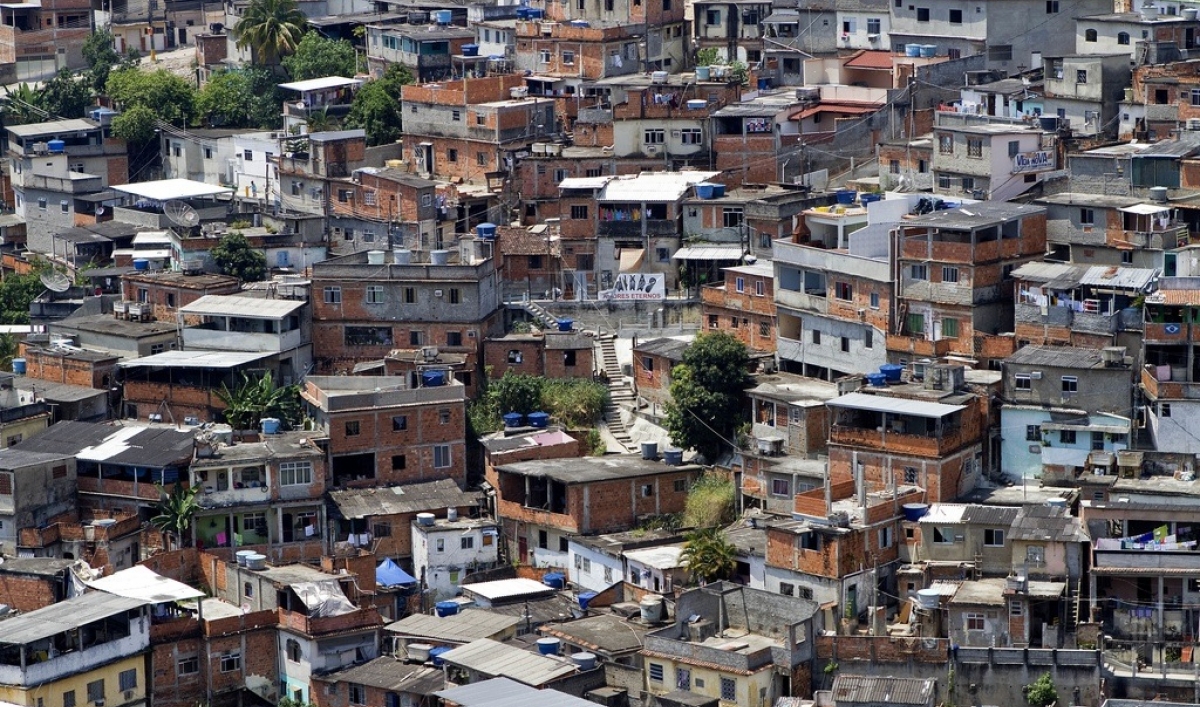Housing policies for low-income groups in developing countries - a case in point: Brazil's slum governance in Rio de Janeiro

The housing policies of low-income groups in developing countries should adopt co-ordination measures to incorporate the provision of low-income housing into social planning, so as to meet the new housing needs brought about by population and social changes. Clearly set goals and qualifications to improve the effectiveness of policies. Due to the current shortage of low-income housing supply, the policy should be more inclined to take incentive measures on the supply side in the medium and short term, meanwhile, strive to gradually shift to subsidies on the demand side in the longer term.
The slum problem in Rio de Janeiro has always been a major problem perplexing the Brazilian government. Early at the beginning of the 20th century, the Brazilian government had begun to renovate slums. From the beginning of the 20th century to the 1990s, the government's governance of slums mainly focused on demolition and building houses. After the implementation of neoliberal reform in Brazil in the 1990s, the government changed to strengthen the transformation of slums, improve community infrastructure, and crack down on illegal and criminal activities in slums.
The governance of slums in Brazil is mainly led by the government and participated by the whole society. In the process of slum governance, the government plays an irreplaceable role in other organizations.
The main measures:
1.The Brazilian government changed its attitudes and policies towards slums.
The Brazilian government pays more attention to poverty and social equity, and closely links the governance of slums with the solution of domestic poverty and social exclusion. The Brazilian government has changed the policy of banning and expelling slums in the past, and adopted a series of governance measures based on the recognition of the legitimacy of slums.
2.Solve the problem of land use rights in slums through resettlement and legalization of illegal land occupation.
With the development of cities, the market value and social value of land occupied by some slums have changed. It is difficult for the government to legalize these slums in situ. On the one hand, the offsite relocation can solve the land demand and legitimacy of slums. On the other hand, it can also reintegrate these slums into urban planning.
3.Upgrade slums by improving their living conditions so as to build slums into communities with necessary infrastructure and living facilities.
4.Improve the non-material conditions of slums, increase social inclusiveness, and gradually integrate slums into the urban development system.
The Brazilian government has recognized that in order to truly integrate slums and the poor into urban development, they must be given the necessary dignity and social status; The eradication of social exclusion is as important as, or even more important than, providing them with bread.
5.Alleviate the problem of slums and poor people through active anti-poverty policies.
Improve the school enrolment rate of children and meet the health and medical needs of the poor, so as to achieve poverty reduction, social inequality reduction and enhancement of social inclusiveness.
Our research on slum governance in Rio de Janeiro is of great significance for reference. The slum governance problems faced by other countries are becoming more and more serious. We can learn from the experience gained by Rio de Janeiro in the process of slum governance development, constantly develop strengths and avoid weaknesses in our own development, and take preventive measures. This research will effectively promote slum governance, which has practical significance.
About Us
Institute of International Exchange is an international non-governmental and non-profit organization. We hope to build an equal and friendly platform for exchanges and cooperation around the world.
© 2023 Institute of International Exchange




